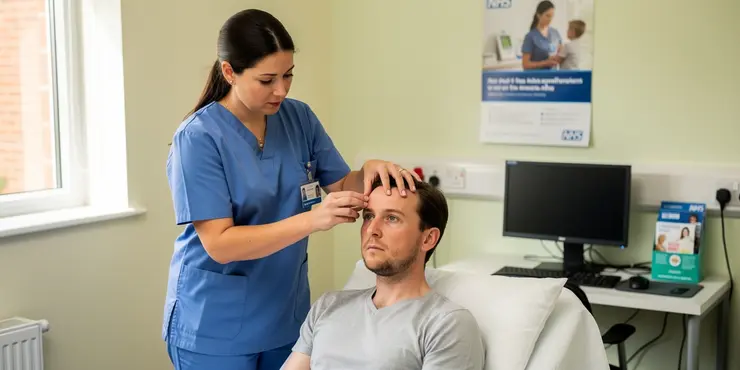
Find Help
More Items From Ergsy search
-
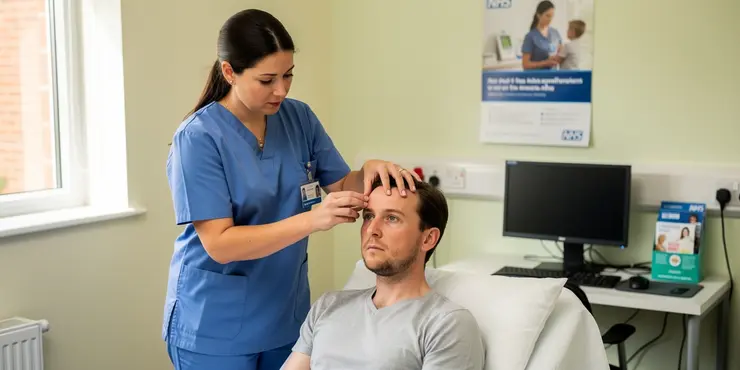
What immediate steps should be taken if someone has a concussion?
Relevance: 100%
-
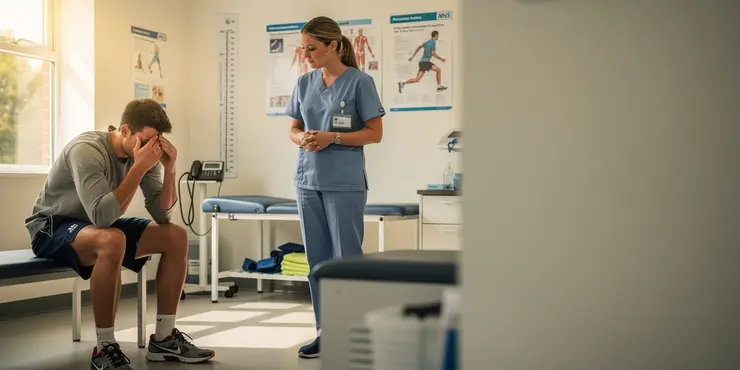
What is Concussion?
Relevance: 69%
-
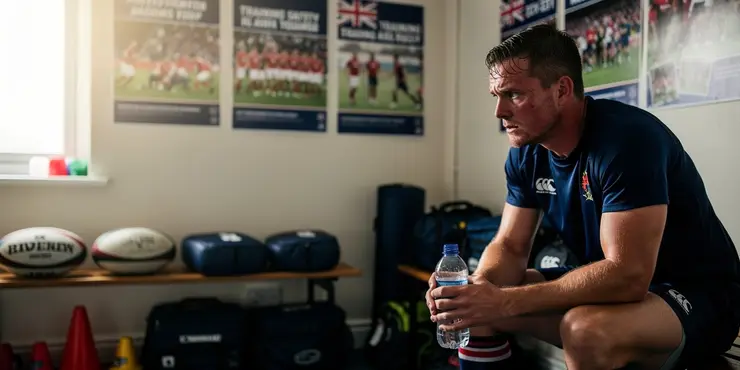
Is there a protocol for managing concussions in rugby?
Relevance: 66%
-
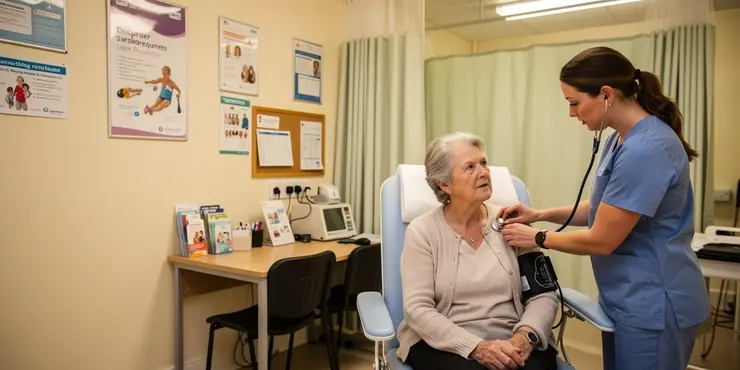
Is it safe to sleep after a concussion?
Relevance: 63%
-
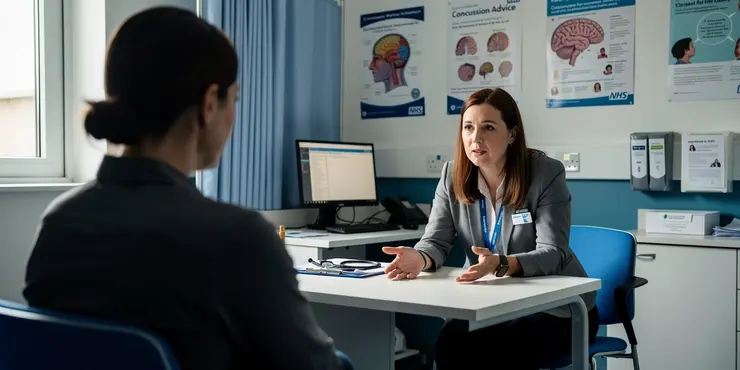
How is a concussion diagnosed?
Relevance: 62%
-
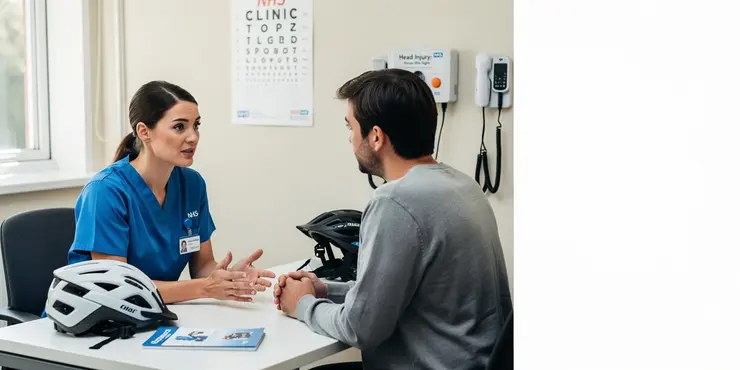
Is there any way to prevent concussions?
Relevance: 62%
-
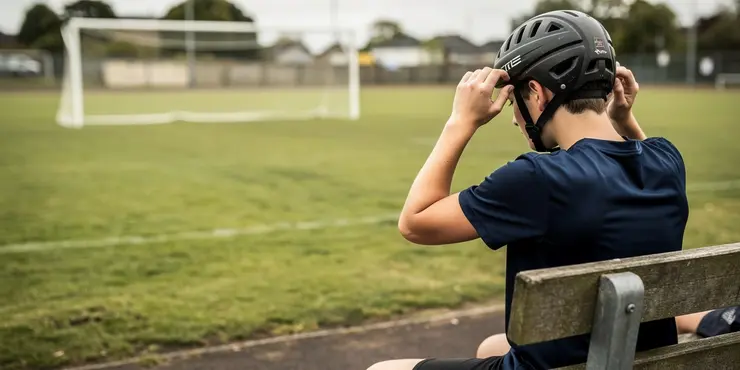
How can concussions be prevented?
Relevance: 62%
-
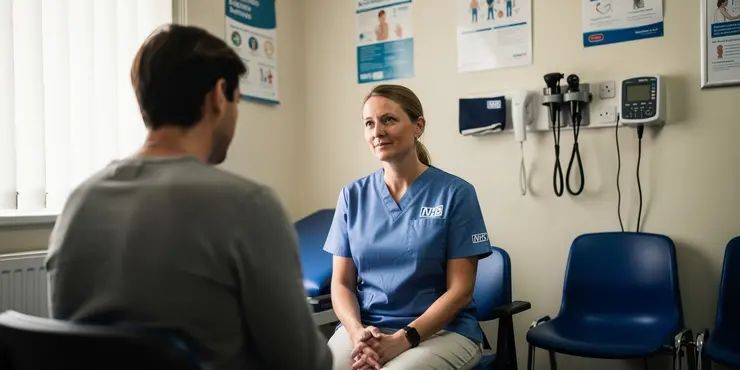
What are common symptoms of a concussion?
Relevance: 61%
-
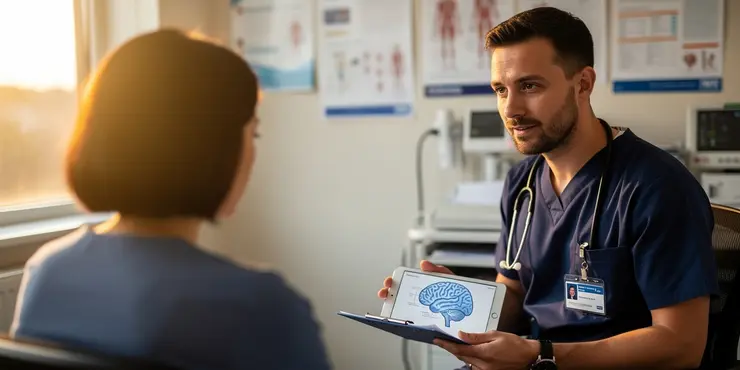
Is headache a symptom of a concussion?
Relevance: 60%
-
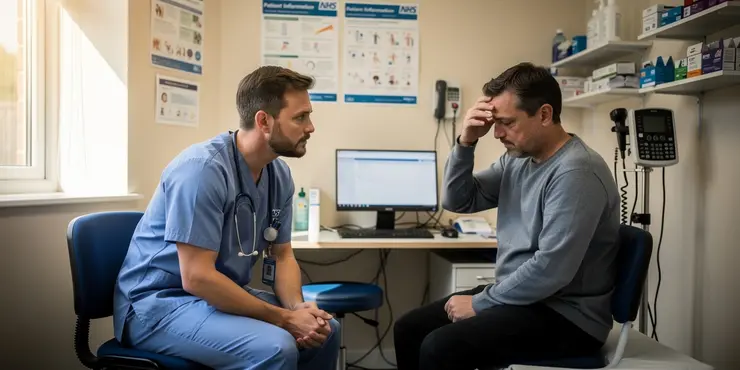
How is a concussion diagnosed?
Relevance: 60%
-
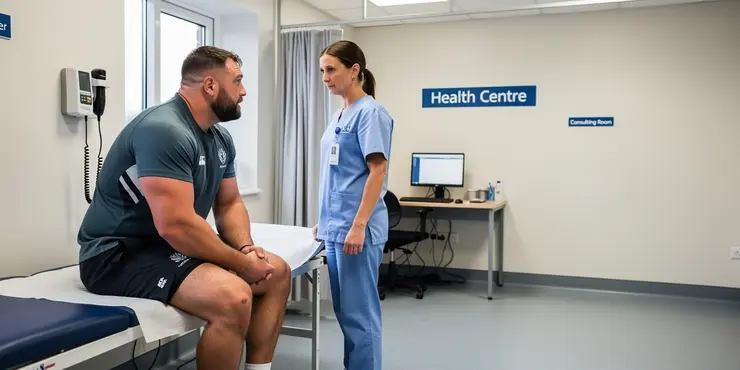
Are Concussions common in Rugby?
Relevance: 58%
-
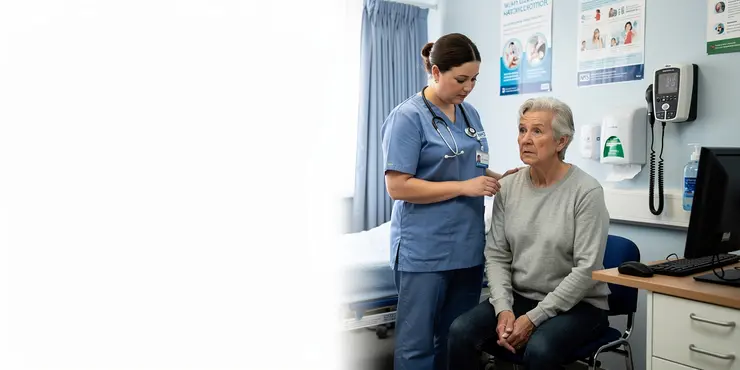
Can a concussion cause memory problems?
Relevance: 58%
-
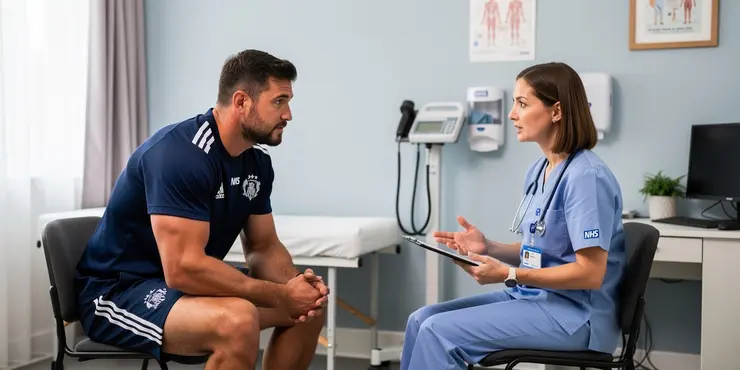
How do concussions impact long-term health in rugby players?
Relevance: 57%
-
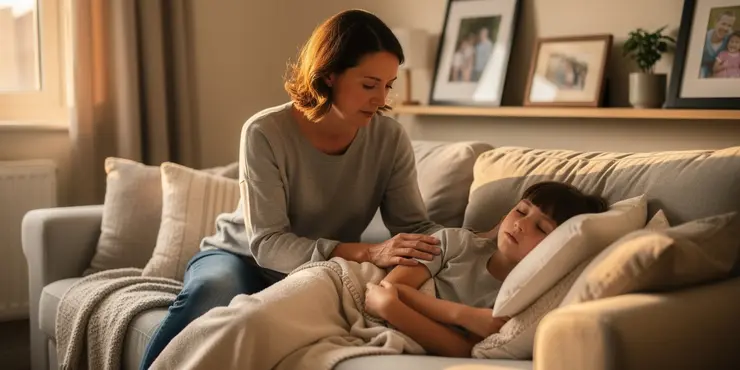
Is it safe to sleep after a concussion?
Relevance: 57%
-
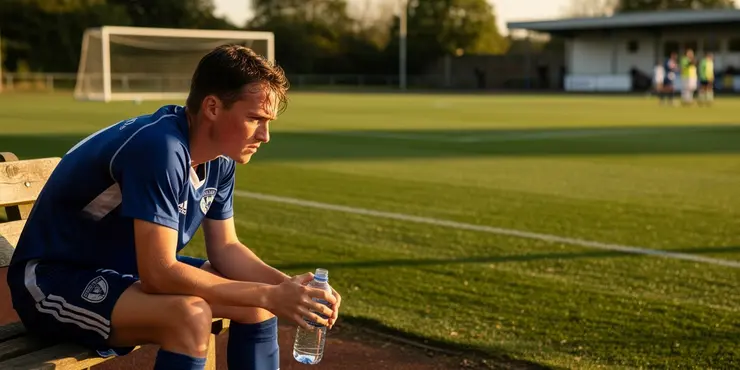
Can players return to play on the same day after a suspected concussion?
Relevance: 57%
-
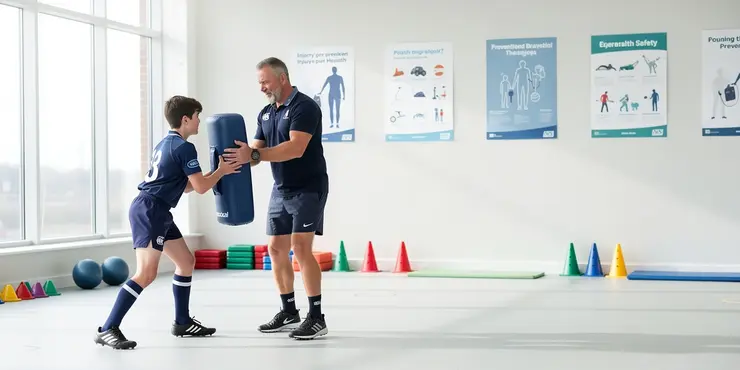
How can concussions be prevented?
Relevance: 56%
-
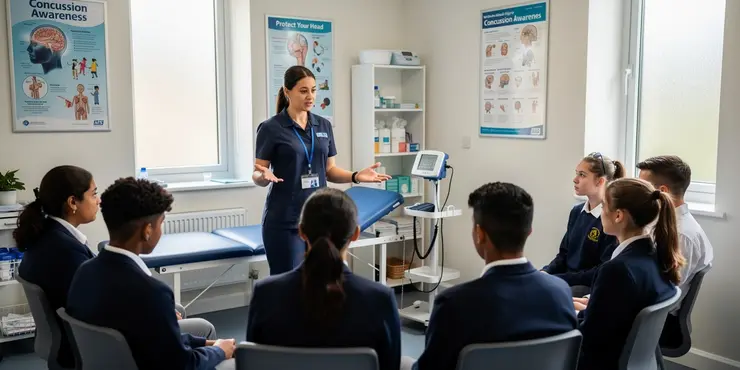
What role do schools play in managing concussions?
Relevance: 56%
-
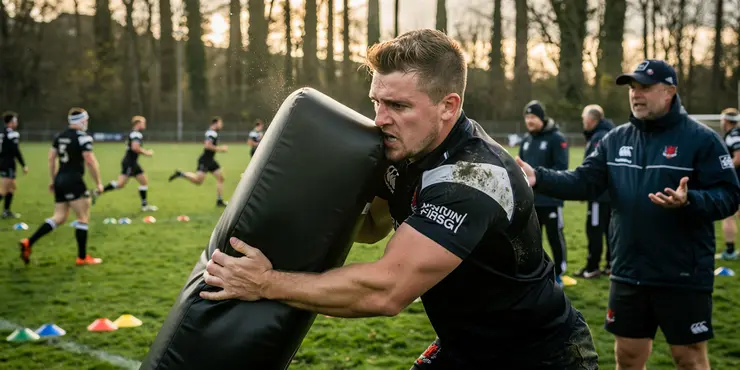
What causes concussions in rugby?
Relevance: 55%
-
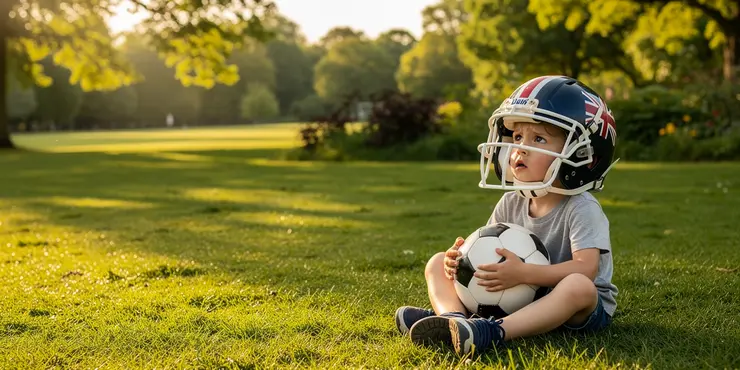
Are children more susceptible to concussions than adults?
Relevance: 54%
-
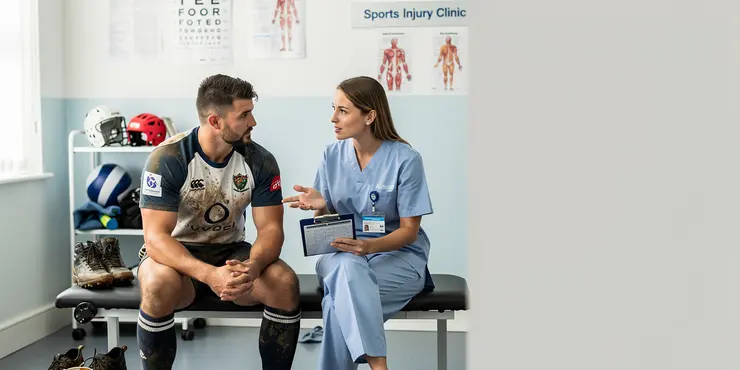
What support is available for rugby players who suffer concussions?
Relevance: 54%
-
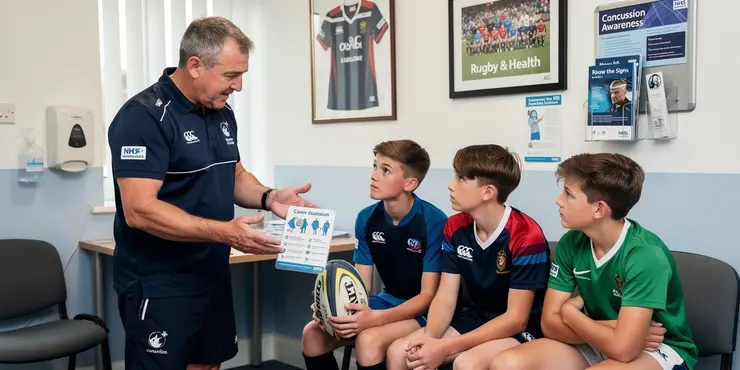
Is there a difference in concussion rates between amateur and professional rugby?
Relevance: 54%
-

When is it safe to return to normal activities after a concussion?
Relevance: 53%
-
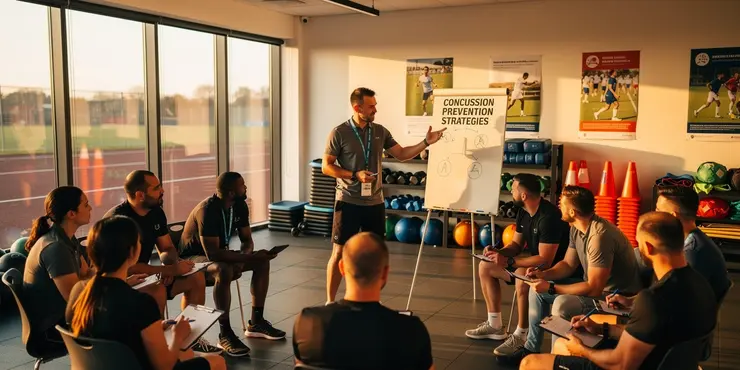
Is training available for coaches to help prevent concussions?
Relevance: 53%
-
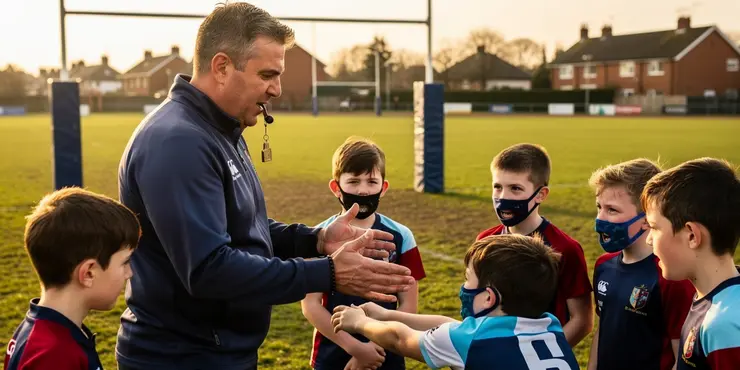
How can concussions be prevented in rugby?
Relevance: 52%
-
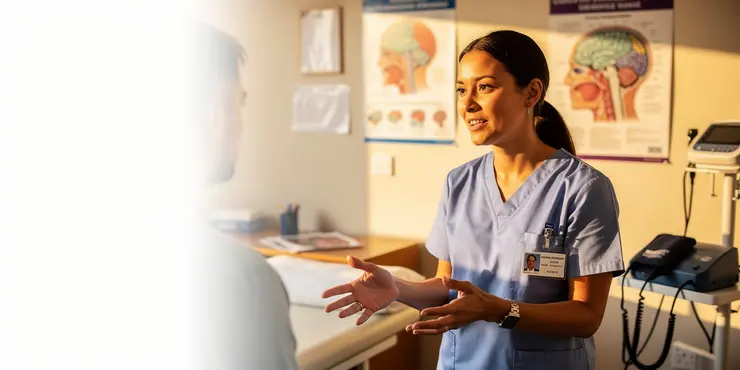
When is it safe to return to normal activities after a concussion?
Relevance: 51%
-
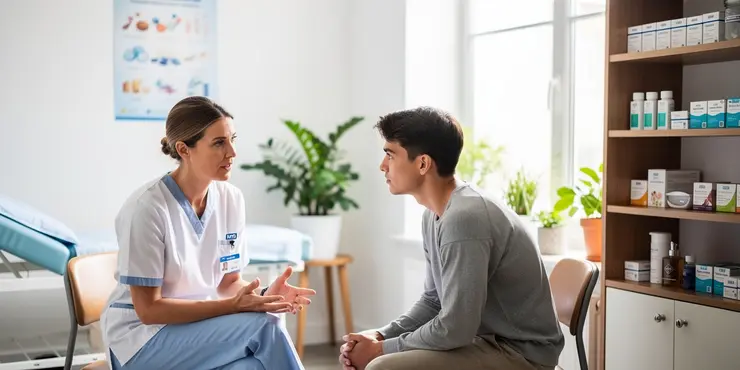
Can concussions lead to mental health issues?
Relevance: 51%
-
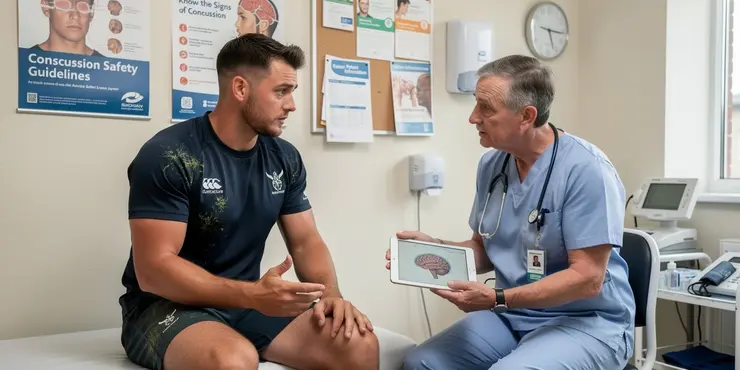
Are helmets required in rugby to prevent concussions?
Relevance: 51%
-
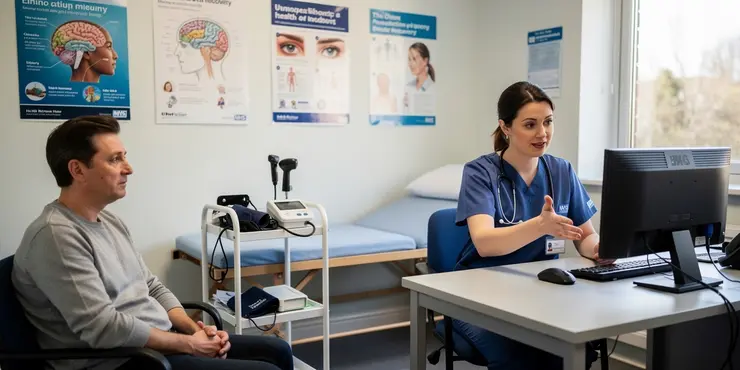
Should people with a concussion avoid screens and technology?
Relevance: 50%
-
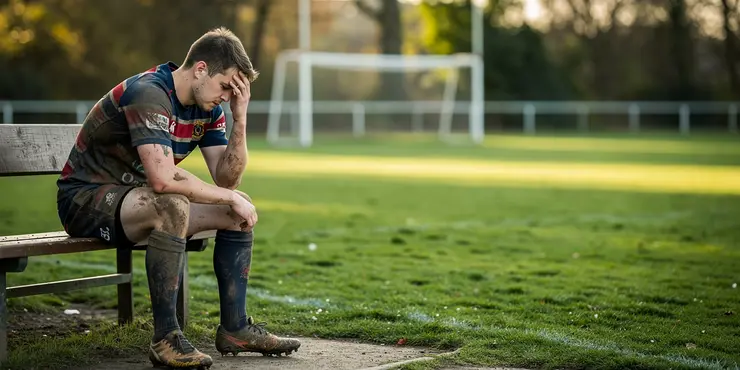
Can playing sports increase the risk of a concussion?
Relevance: 50%
-
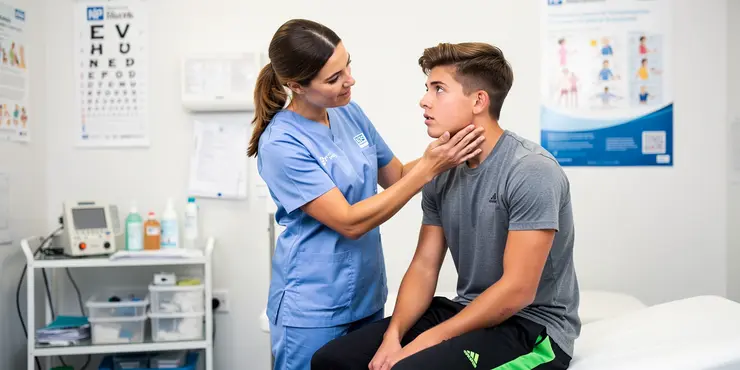
Can concussions occur without a direct blow to the head?
Relevance: 49%
-
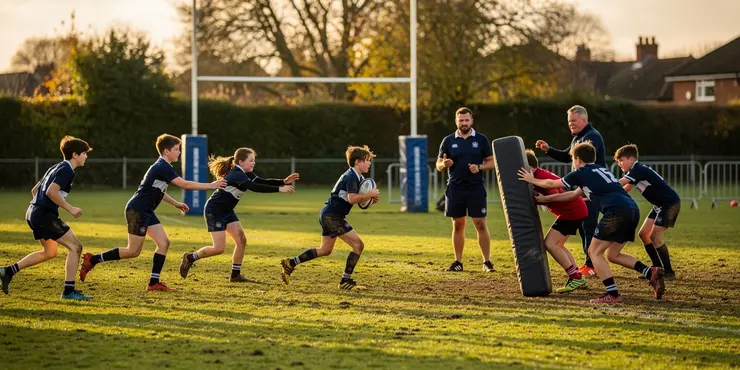
What age groups are most at risk for concussions in rugby?
Relevance: 48%
-
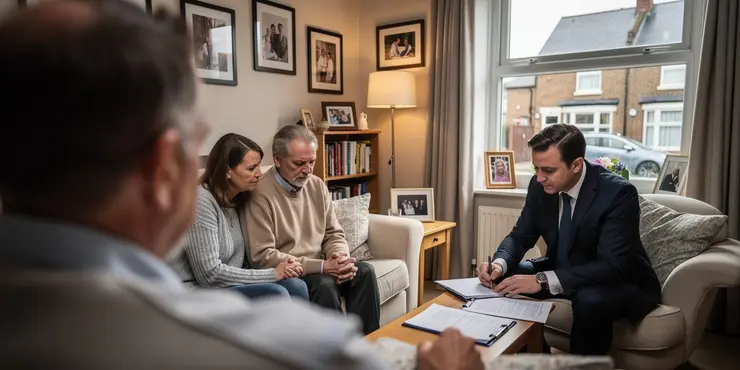
What is the first step in arranging a funeral in the UK?
Relevance: 34%
-
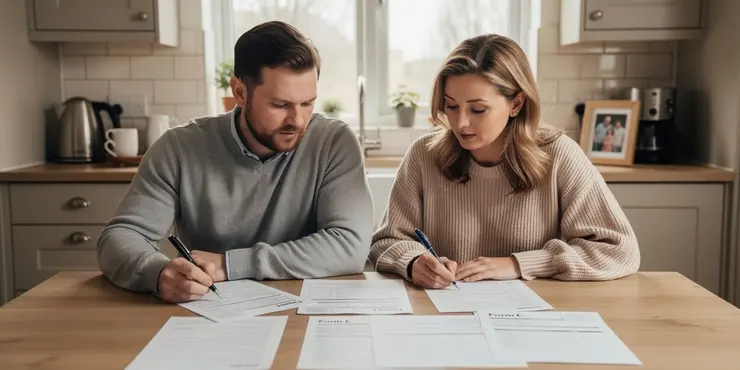
Divorce Step By Step - Form E - Capital
Relevance: 32%
-
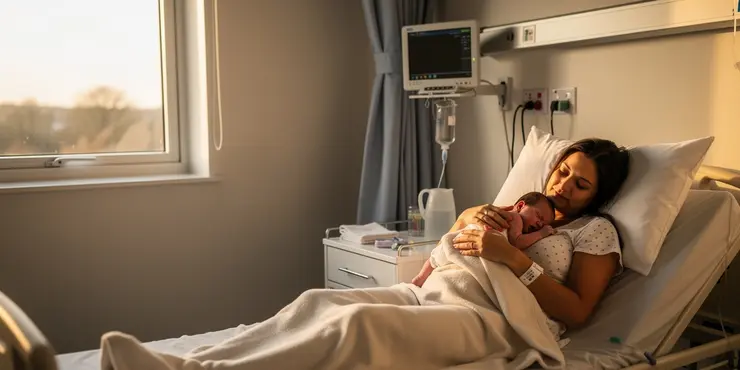
Can I breastfeed immediately after a Caesarean section under spinal anaesthesia?
Relevance: 32%
-

Steps to Take When Facing Domestic Abuse
Relevance: 31%
-

What is the first step to securing my mobile phone?
Relevance: 29%
-

The 4 Steps to Agree a Financial Settlement on Divorce UK
Relevance: 29%
-
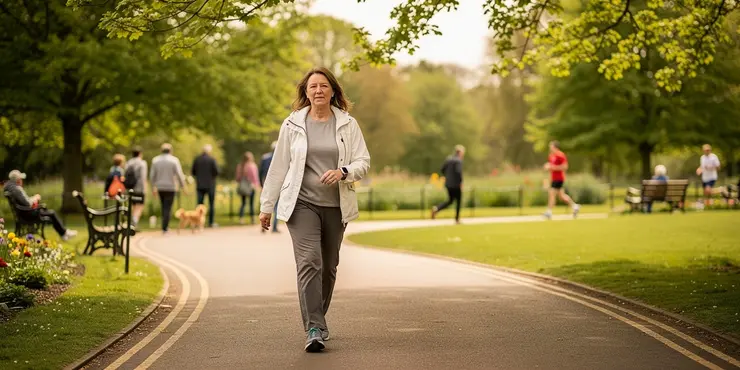
New Study Reveals Surprising Facts About Daily Step Counts
Relevance: 28%
-
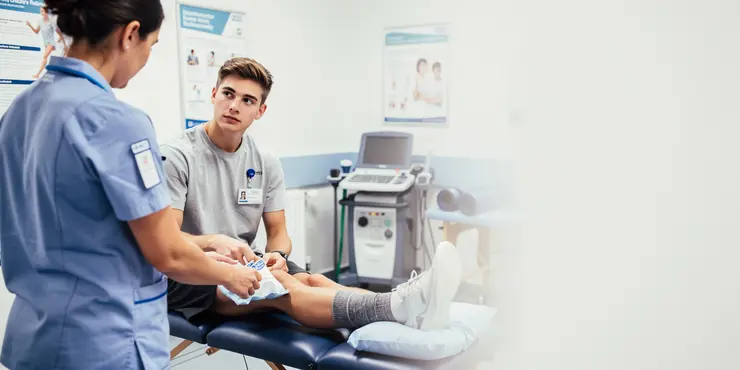
Advice on sports injuries
Relevance: 28%
-
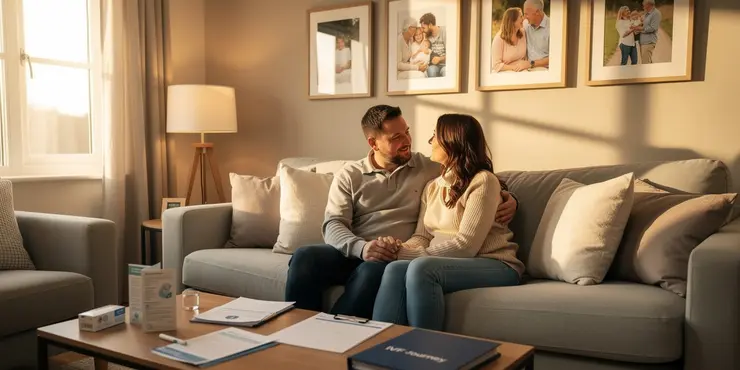
What are the main steps in an IVF cycle?
Relevance: 27%
Immediate Steps for Managing a Concussion
Recognising the Signs
Identifying a concussion is crucial. Common symptoms include headaches, confusion, dizziness, nausea, balance problems, or feeling dazed. If someone has suffered a head injury, assess them for these symptoms. Watch for changes in their alertness, memory issues, or unusual behaviour, as these may indicate a concussion.Initial Response
Once a concussion is suspected, ensure the person stops all physical and mental activities immediately to prevent further injury. This includes refraining from playing sports, driving, or any task that requires concentration. If the person is unconscious, keep them lying down and still, and seek professional help immediately.Seek Medical Evaluation
Promptly contact a healthcare professional for a thorough assessment. If the symptoms are severe, such as prolonged unconsciousness or repeated vomiting, call emergency services or go to the nearest A&E department. Even mild concussions should be evaluated by a medical professional to determine the extent of the injury and necessary care steps.Monitor Symptoms
Keep a close watch on the individual for several hours following the injury. Symptoms can evolve or worsen, indicating increased severity. Maintain regular communication to ensure they are responsive and attend to any changes such as excessive drowsiness or seizures.Rest and Recovery
Rest is vital after a concussion. Avoid physical activities and reduce cognitive tasks, such as reading, using electronic devices, or problem-solving, to facilitate brain recovery. Gradually reintroduce activities as guided by healthcare advice, and monitor for symptom recurrence.Follow-up Care
Attend follow-up appointments as recommended by your healthcare provider. They may suggest a gradual return-to-work or school programme under supervision. Adhere to their guidance and avoid rushing back into routine activities until all symptoms are thoroughly resolved. By taking these immediate steps, you can help ensure the safety and recovery of someone with a concussion, reducing the risk of complications and promoting effective healing.What to Do Right Away for a Bump on the Head
Seeing the Signs
It's important to know if someone has a bump on the head, called a concussion. Look for signs like headaches, feeling confused, feeling dizzy, feeling sick to the stomach, having trouble balancing, or feeling like you're in a fog. If someone hits their head, check if they show these signs. Also, look if they seem sleepy, forget things, or act strangely. These can mean they have a concussion.What to Do First
If you think someone has a concussion, they should stop doing all activities right away. No playing sports, driving, or focusing on hard tasks. This is to keep them safe. If they black out or pass out, keep them lying down and stay by them. Call a doctor to get help fast.Getting Checked by a Doctor
Call a doctor to check the person as soon as you can. If they have bad signs like passing out for a long time or throwing up a lot, call emergency services or go to the hospital right away. Even if it's not bad, a doctor should check the bump to see how serious it is and tell you what to do next.Watching for Changes
Keep an eye on the person for a few hours after they hurt their head. Symptoms can get worse or new ones can show up. Talk to them to see if they are awake and okay. Notice if they get very sleepy or have fits.Taking It Easy
Rest is really important after a bump on the head. Don't do sports or difficult thinking like reading or using phones and tablets. This helps the brain heal. Slowly start activities again when the doctor says it's okay, and watch if symptoms come back.Checking with the Doctor Again
Go to the doctor again if they say to. They might help you slowly go back to work or school with their help. Listen to what the doctor says and don't hurry back to normal until all symptoms are gone. By doing these things right away, you can help keep someone safe who has a concussion. This helps them get better and stops more problems from happening.Frequently Asked Questions
What should I do immediately if someone has a concussion?
Make sure the person is safe and stop any activity. Have them sit or lie down in a quiet, comfortable place and observe them closely.
Is it necessary to seek medical attention for a concussion?
Yes, it's important to seek medical attention as soon as possible, even if symptoms seem mild. A healthcare professional can assess the severity of the concussion.
How can I tell if someone has a concussion?
Look for symptoms such as headache, dizziness, confusion, memory problems, nausea, or balance issues. Loss of consciousness may not occur in all cases.
Should I let the person sleep if they have a concussion?
Allow them to rest but keep them awake for the initial few hours to monitor symptoms. If they seem okay after a few hours, they can sleep, but check on them periodically.
What are the signs of a severe concussion?
Signs of a severe concussion include prolonged loss of consciousness, repeated vomiting, worsening headache, slurred speech, and increasing confusion. Seek emergency help immediately.
Is it safe for someone with a concussion to drive?
No, it's not safe to drive until they have been medically evaluated and cleared by a healthcare professional.
Can physical activity make a concussion worse?
Yes, physical activity can exacerbate symptoms and prolong recovery. Rest is essential in the initial stages after a concussion.
What kind of rest is recommended after a concussion?
Cognitive and physical rest are recommended. Avoid activities that require concentration and physical exertion until cleared by a doctor.
How long does it usually take to recover from a concussion?
Recovery times vary, but most people recover within a few weeks. Follow-up with a healthcare provider is important to monitor recovery.
Are headaches common after a concussion?
Yes, headaches are a common symptom of a concussion. They may persist for several days or longer.
What should I avoid doing after a concussion?
Avoid activities that can further jostle the brain, such as contact sports, and avoid alcohol, which can impede recovery.
Is memory loss normal after a concussion?
Short-term memory issues can occur with concussions, but they often improve with time. Consult a doctor if memory problems persist.
Can screen time affect recovery from a concussion?
Yes, excessive screen time can increase symptoms like headaches and eye strain. Limit screen exposure in the initial recovery period.
Is it necessary to stay awake for 24 hours after a concussion?
No, this is a myth. It's important to rest and sleep is beneficial. However, it's wise to check on the person periodically.
Should medications be taken for concussion symptoms?
Avoid taking any medication without consulting a healthcare professional. Paracetamol may be used for pain if approved by a doctor.
What to Do Right Away if Someone Hits Their Head
Keep the person safe. Stop what is happening. Help them sit or lie down in a calm and comfy place. Watch them carefully.
Should I see a doctor if I hit my head?
If you hit your head, it's a good idea to see a doctor. A doctor can check if you have hurt your brain. This is called a concussion. It can make you feel dizzy or sick.
The doctor can help you feel better. They will tell you what to do to stay safe. Tell a grown-up if you hit your head, and they can help you get to a doctor.
You can use things like pictures or videos to help understand what a doctor does.
Yes, it is important to see a doctor right away, even if you don't feel very sick. A doctor can check to see how bad the head bump is.
How do I know if someone has a concussion?
A concussion is when the head gets hurt and the brain shakes. Here are some signs:
- The person feels dizzy or lightheaded.
- They have a headache.
- They may feel sleepy or confused.
- Their vision might be blurry.
- They say it's hard to remember things.
- They might feel sick or want to throw up.
If you think someone has a concussion, tell an adult. It's important to talk to a doctor.
Helpful Tools:
- Use a picture chart to show symptoms.
- Watch videos that explain concussions clearly.
Watch for signs like a sore head, feeling dizzy, being confused, having trouble remembering things, feeling sick, or having trouble balancing. You might not always faint.
Can a person with a concussion go to sleep?
Let them rest, but don't let them sleep at first. Watch them for a few hours to see how they feel. If they are okay after a few hours, they can sleep. Check on them sometimes while they are sleeping to make sure they are fine.
What are the signs of a bad bump on the head?
Here are some signs that a bump on the head is serious:
- Feeling really confused or not knowing where you are
- Feeling very tired or having trouble staying awake
- Headache that won't go away
- Throwing up or feeling sick to your stomach
- Seeing double or not seeing clearly
- Trouble walking straight
- Strange behavior or acting different
- Can't remember things
- Passing out or blacking out (not being able to stay awake)
If you see any of these signs, it's important to see a doctor right away.
Here are some things that can help:
- Use simple words
- Take notes if that helps you remember
- Ask someone you trust if you need help
- Take your time, don't rush
Signs of a bad-head bump include:
- Being knocked out for a long time
- Throwing up again and again
- Head hurting more and more
- Talking in a funny way
- Getting more confused
Get help fast if you see these signs.
Can someone with a concussion drive safely?
If you hit your head and have a concussion, it is not safe to drive. A concussion can make you feel dizzy, confused, or tired. This can make it hard to drive safely.
It is important to rest and ask for help from a grown-up if you feel unwell. You can use tools like audiobooks or videos to learn more about concussions.
Always talk to a doctor or nurse if you're not sure what to do.
No, it's not safe to drive right now. First, a doctor needs to check them and say it's okay to drive.
Does exercise make a head injury worse?
If you hurt your head, it is called a concussion. Doing too much exercise can make the concussion worse. Rest is important.
Here are some tips to help you:
- Listen to your doctor.
- Rest and take it easy.
- Don't do hard exercise until you feel better.
Yes, doing too much physical activity when you have a concussion can make it worse and make it take longer to get better. Rest is very important when you're just starting to get better from a concussion.
Here are some ways to help:
- Use quiet time to rest your mind and body.
- Ask someone for help if you feel confused or tired.
- Take breaks often and do relaxing activities.
How should you rest after hurting your head?
If you bump your head, you need to rest. Here are some easy steps:
- Sleep well: Try to get lots of sleep at night.
- Take naps: If you feel tired, take a short nap during the day.
- Stay calm: Do quiet activities like reading or drawing.
- Avoid screens: Don’t watch TV or play with phones and tablets too much.
Tell a grown-up if you feel dizzy, sick, or have a headache. They can help you get better.
Take a break for your body and mind. Rest and avoid doing things that make you think hard or use your body a lot. Wait until your doctor says it's okay to start again.
How long does it take to get better from a concussion?
People usually feel better in a few weeks. It is important to see a doctor to make sure you are getting better.
Do people often get headaches after a concussion?
A concussion is when you hurt your head. After a concussion, many people feel pain in their head. This pain is called a headache.
If your head hurts after a concussion, tell a grown-up or a doctor. They can help you feel better.
To feel better, you can:
- Rest in a quiet, dark room.
- Close your eyes and relax.
- Drink some water.
- Take a break from screens like TVs and tablets.
Remember, it's important to tell someone how you feel!
Yes, having a headache can happen when you hurt your head. This is called a concussion. The headache might last for a few days or more.
What should I not do after I hurt my head?
Don't do things that might shake your head a lot, like playing rough sports. Also, don't drink alcohol because it can slow down getting better.
Is it normal to forget things after a bump on the head?
Sometimes, when we hit our head really hard, we might forget things. This is called a concussion. It is normal to have trouble remembering things for a short time after this happens.
If you are worried or the memory problems don't go away, it's important to tell a doctor. They can help make sure everything is okay.
Here are some things you can do to help your memory:
- Write down important things so you don't forget.
- Ask someone to help remind you of things.
- Try to rest and not do too much right away.
Sometimes, people have memory problems after a bump on the head. This can get better after a while. If memory problems don't get better, it's a good idea to see a doctor.
Does looking at screens like TVs and phones make it harder to get better from a head bump?
Too much time looking at screens can cause headaches and make your eyes feel tired. Try to spend less time on screens when you are getting better.
Do you need to stay awake for a whole day after a concussion?
When someone gets a bump on the head, it's called a concussion. Doctors used to say to stay awake for 24 hours. Now, it's okay to sleep, but check with a doctor first.
Here are some tips:
- Ask someone to check on you while you sleep.
- Use a timer to wake up every few hours.
- Tell an adult if you feel dizzy or confused.
Remember to always follow the advice from your doctor or nurse.
No, this idea is not true. Rest is good, and sleep helps us feel better. But it's a good idea to check on the person now and then to make sure they are okay.
Can you take medicine for concussion symptoms?
If you hurt your head, sometimes you might feel dizzy or get a headache. This is called a concussion.
It's important to be safe and know what to do. You might wonder if taking medicine will help.
You can ask a grown-up or a doctor about the best way to feel better. They can help you decide if medicine is a good idea.
Using a timer or reminder can help you remember to rest and take breaks, which is very important when you have a concussion.
Do not take medicine without asking a doctor. You can take medicine like Paracetamol for pain if the doctor says it is okay.
Useful Links
This website offers general information and is not a substitute for professional advice.
Always seek guidance from qualified professionals.
If you have any medical concerns or need urgent help, contact a healthcare professional or emergency services immediately.
Some of this content was generated with AI assistance. We’ve done our best to keep it accurate, helpful, and human-friendly.
- Ergsy carfully checks the information in the videos we provide here.
- Videos shown by Youtube after a video has completed, have NOT been reviewed by ERGSY.
- To view, click the arrow in centre of video.
- Most of the videos you find here will have subtitles and/or closed captions available.
- You may need to turn these on, and choose your preferred language.
- Go to the video you'd like to watch.
- If closed captions (CC) are available, settings will be visible on the bottom right of the video player.
- To turn on Captions, click settings .
- To turn off Captions, click settings again.
More Items From Ergsy search
-

What immediate steps should be taken if someone has a concussion?
Relevance: 100%
-

What is Concussion?
Relevance: 69%
-

Is there a protocol for managing concussions in rugby?
Relevance: 66%
-

Is it safe to sleep after a concussion?
Relevance: 63%
-

How is a concussion diagnosed?
Relevance: 62%
-

Is there any way to prevent concussions?
Relevance: 62%
-

How can concussions be prevented?
Relevance: 62%
-

What are common symptoms of a concussion?
Relevance: 61%
-

Is headache a symptom of a concussion?
Relevance: 60%
-

How is a concussion diagnosed?
Relevance: 60%
-

Are Concussions common in Rugby?
Relevance: 58%
-

Can a concussion cause memory problems?
Relevance: 58%
-

How do concussions impact long-term health in rugby players?
Relevance: 57%
-

Is it safe to sleep after a concussion?
Relevance: 57%
-

Can players return to play on the same day after a suspected concussion?
Relevance: 57%
-

How can concussions be prevented?
Relevance: 56%
-

What role do schools play in managing concussions?
Relevance: 56%
-

What causes concussions in rugby?
Relevance: 55%
-

Are children more susceptible to concussions than adults?
Relevance: 54%
-

What support is available for rugby players who suffer concussions?
Relevance: 54%
-

Is there a difference in concussion rates between amateur and professional rugby?
Relevance: 54%
-

When is it safe to return to normal activities after a concussion?
Relevance: 53%
-

Is training available for coaches to help prevent concussions?
Relevance: 53%
-

How can concussions be prevented in rugby?
Relevance: 52%
-

When is it safe to return to normal activities after a concussion?
Relevance: 51%
-

Can concussions lead to mental health issues?
Relevance: 51%
-

Are helmets required in rugby to prevent concussions?
Relevance: 51%
-

Should people with a concussion avoid screens and technology?
Relevance: 50%
-

Can playing sports increase the risk of a concussion?
Relevance: 50%
-

Can concussions occur without a direct blow to the head?
Relevance: 49%
-

What age groups are most at risk for concussions in rugby?
Relevance: 48%
-

What is the first step in arranging a funeral in the UK?
Relevance: 34%
-

Divorce Step By Step - Form E - Capital
Relevance: 32%
-

Can I breastfeed immediately after a Caesarean section under spinal anaesthesia?
Relevance: 32%
-

Steps to Take When Facing Domestic Abuse
Relevance: 31%
-

What is the first step to securing my mobile phone?
Relevance: 29%
-

The 4 Steps to Agree a Financial Settlement on Divorce UK
Relevance: 29%
-

New Study Reveals Surprising Facts About Daily Step Counts
Relevance: 28%
-

Advice on sports injuries
Relevance: 28%
-

What are the main steps in an IVF cycle?
Relevance: 27%


